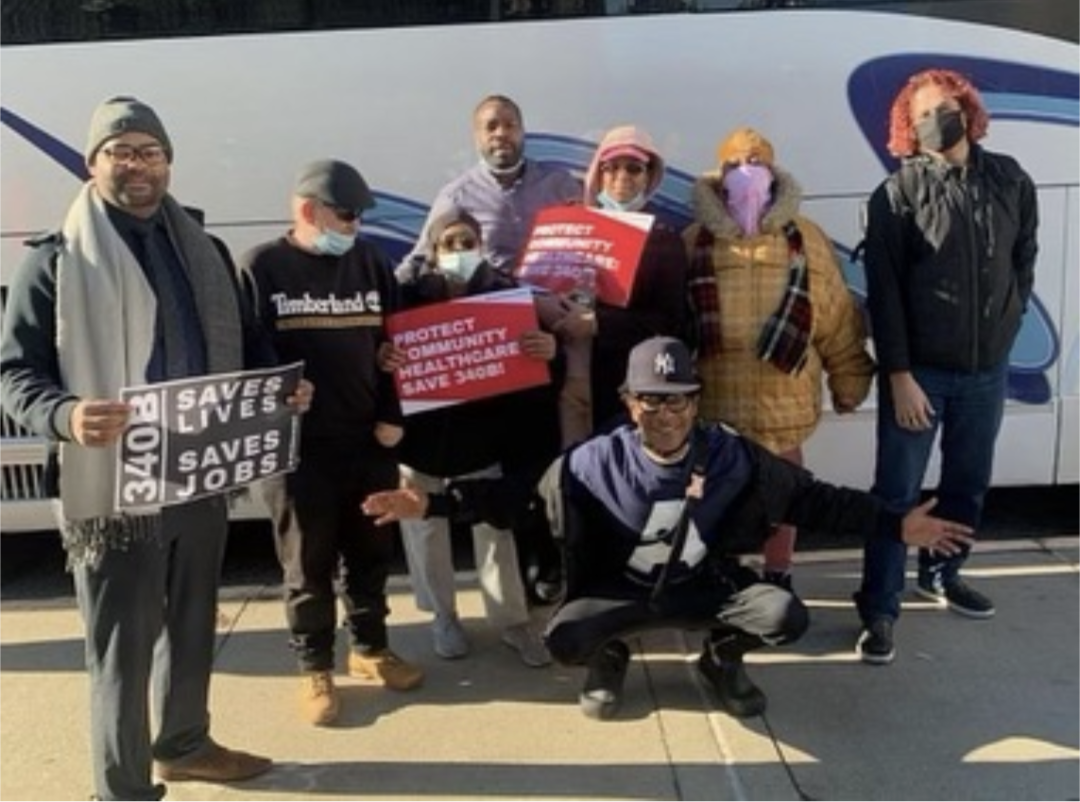I am a 48-year-old lesbian living with HIV. Even so, I decided to have sexual relationships with men because I was afraid of the backlash. At 14, I started a relationship that gave me two children.
The relationship lasted till I was 21. Not long after the breakup I started a new relationship. It was then that I decided to get tested for HIV and STIs. It turned out I was positive. I immediately told my boyfriend, and he told me not to tell anyone. He refused to take a test and we continued to have sex with condoms. He ended the relationship a few months later.
Two years went by, and he contacted me and told me he went for a test and it came back negative. Thinking back to when I got my diagnosis, I was so depressed that I had tried to take my own life. After that, I decided to take charge of my life. I went to the doctor and was prescribed medication.
In 1999 I moved to California and found an organization that helped people that lived with HIV. I worked there until 2002. Due to economic reasons, I had to move back to Georgia. Unfortunately, there were still no organizations that helped people that lived with HIV. In 2006 I moved to Florida where I found an organization called Thap. Unfortunately, I couldn’t stay because I tested positive for marijuana.
Due to spiritual circumstances, I had to move back to Georgia. I stayed in Georgia until 2018. I then received a call from a friend that needed my assistance in New York City. This move was what I needed to make a fresh start. I found another agency that assisted people living with HIV called Brightpoint. While at Brightpoint, I met an outreach worker Diane Tinglin from Alliance of Positive Change who was promoting The Positive Life Workshop (TPLW).
I went for a visit and became part of the Alliance family. I knew Alliance was the place for me. It was there that I became a whole person. A person that was not ashamed of the backlash of my sexuality, my status, and most definitely made me take charge of my life.
After TPLW, I became a Certified Recovery Coach, graduated from PREP and soon after that I became a Peer and completed my courses to become a Certified Peer Worker with the AIDS Institute.







